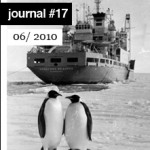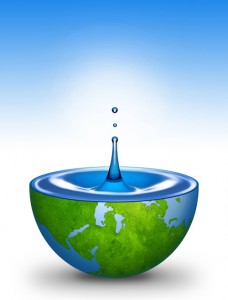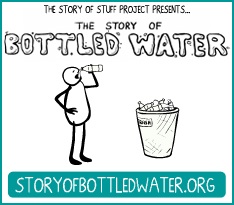Nobody can survive without water, water is necessary for all life on earth. For the first time since the Universal Declaration of Human Rights was adopted 60 years ago, the UN General Assembly is finally poised to recognize the Human Right to Water and Sanitation. By the end of July 2010, the General Assembly will consider an historic resolution brought to the UN member states by the Bolivian government.
July 22 is an international day of action to protest against multinational corporations and pollution, calling for the human right to water and sanitation.
One and a half billion people across the world lack drinking water and another two billion lack clean water generally. In 20 years’ time these numbers will have doubled. Agricultural and industrial pollution is degrading the quality of fresh water supplies everywhere.
Billions of people are suffering because the world is not focused on providing water and sanitation for all. A strong UN General Assembly resolution will signal that water and sanitation is key priority for the international community. The date set for UN member states to consider the resolution is Wednesday, July 28th.
see also: http://www.blueplanetproject.net
http://www.ourwatercommons.org




